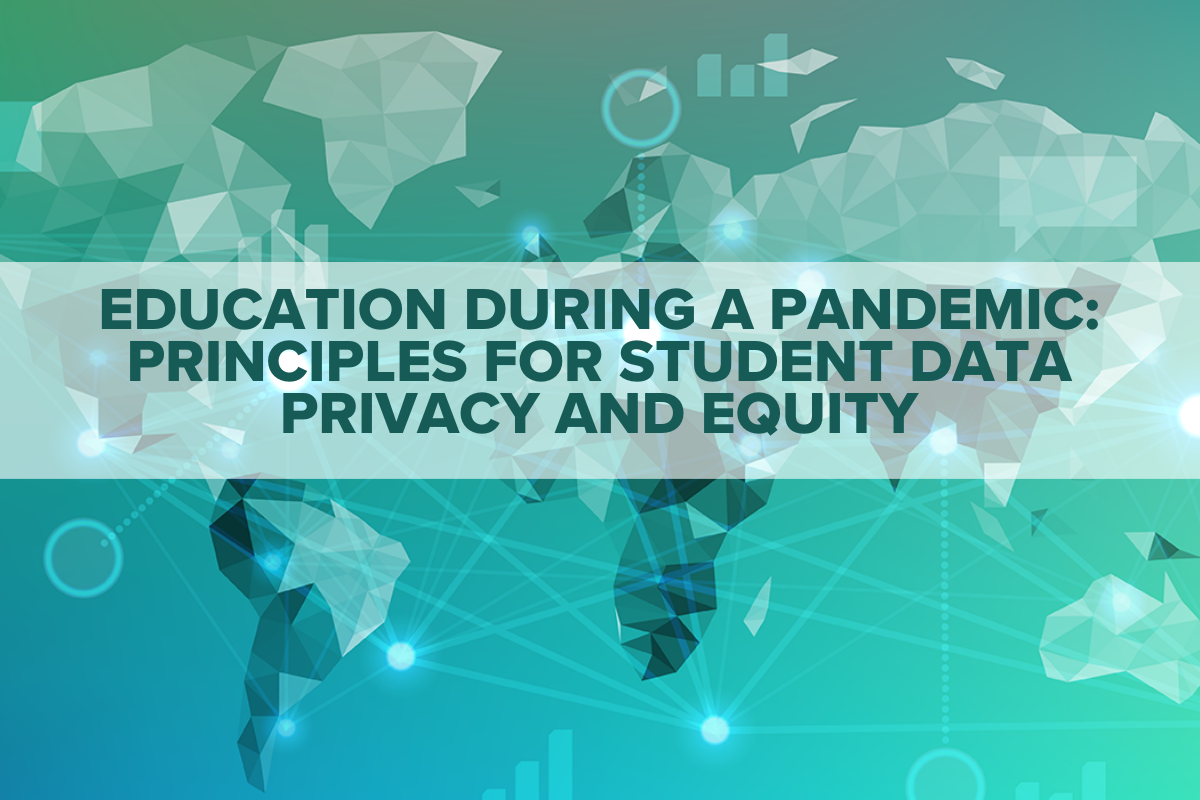FPF Seeks Nominations for 2021 Research Data Stewardship Award
The Call for Nominations for the 2021 FPF Award for Research Data Stewardship is now open. You can find the nominations forms here. We ask that nominations be submitted by Monday, March 1, 2021. The FPF Award for Research Data Stewardship recognizes excellence in the privacy-protective stewardship of corporate data that is shared with academic researchers. […]
FPF Health and AI & Ethics Policy Counsels Present a Scientific Position at ICML 2020 and at 2020 CCSQ World Usability Day
On November 12, 2020, FPF Policy Counsels Drs. Rachele Hendricks-Sturrup and Sara Jordan presented privacy-by-design alongside human-centered design concepts during the 2020 CCSQ World Usability Day virtual conference. This presentation followed Drs. Hendricks-Sturrup’s and Jordan’s July 2020 scientific position paper presented at the International Conference on Machine Learning (ICML) 2020, entitled “Patient- Reported Outcomes: A Privacy-Centric and Federated Approach […]
2020 Brussels Privacy Symposium
The 2020 Brussels Privacy Symposium is the fourth-annual academic program jointly presented by the Brussels Privacy Hub of Vrije Universiteit Brussel (VUB) and the Future of Privacy Forum (FPF) and is a global convening of practical, applicable, substantive privacy research and scholarship. On December 2, 2020, the fourth iteration of the Brussels Privacy Symposium, “Research and the Protection of […]
24 Organizations Release Principles for Protecting Student Data Privacy and Equity in the Pandemic
The Future of Privacy Forum (FPF) and 23 other education, healthcare, disability rights, data protection, and civil liberties organizations today released Education During a Pandemic: Principles for Student Data Privacy and Equity (available here). The Principles offer 10 guiding recommendations for schools as they rely on new technologies and data to facilitate remote, in-person, or […]
California SB 980 Would Codify Many of FPF’s Best Practices for Consumer Genetic Testing Services, but Key Differences Remain
Authors: John Verdi (Vice President of Policy) and Katelyn Ringrose (Christopher Wolf Diversity Law Fellow) In July 2018, the Future of Privacy Forum released Privacy Best Practices for Consumer Genetic Testing Services. FPF developed the Best Practices following consultation with technical experts, regulators, leading consumer genetic and personal genomic testing companies, and civil society. The […]
FPF to Present First-Ever Research Data Stewardship Award
FPF is requesting nominations for its Award for Research Data Stewardship.
Award-Winning Paper: "Privacy's Constitutional Moment and the Limits of Data Protection"
For the tenth year, FPF’s annual Privacy Papers for Policymakers program is presenting to lawmakers and regulators award-winning research representing a diversity of perspectives. Among the papers to be honored at an event at the Hart Senate Office Building on February 6, 2020 is Privacy’s Constitutional Moment and the Limits of Data Protection by Woodrow […]
FPF Receives Grant To Design Ethical Review Process for Research Access to Corporate Data
Future of Privacy Forum (FPF) has received a grant to create an independent party of experts for an ethical review process that can provide trusted vetting of corporate-academic research projects. FPF will establish a pool of respected reviewers to operate as a standalone, on-demand review board to evaluate research uses of personal data and create a set of transparent policies and processes to be applied to such reviews.
New White Paper Explores Privacy and Security Risk to Machine Learning Systems
FPF and Immuta Examine Approaches That Can Limit Informational or Behavioral Harms WASHINGTON, D.C. – September 20, 2019 – The Future of Privacy Forum (FPF) released a white paper, WARNING SIGNS: The Future of Privacy and Security in an Age of Machine Learning, exploring how machine learning systems can be exposed to new privacy and […]
10th Annual Privacy Papers for Policymakers – Send Us Your Work!
The 10th Annual Privacy Papers for Policymakers awards have been announced. Register here to attend the event on February 6, 2020. We will open the submissions process for next year’s awards in fall 2020. Have you conducted privacy-related research that policymakers should know about? If so, we can help you get it in front of […]









